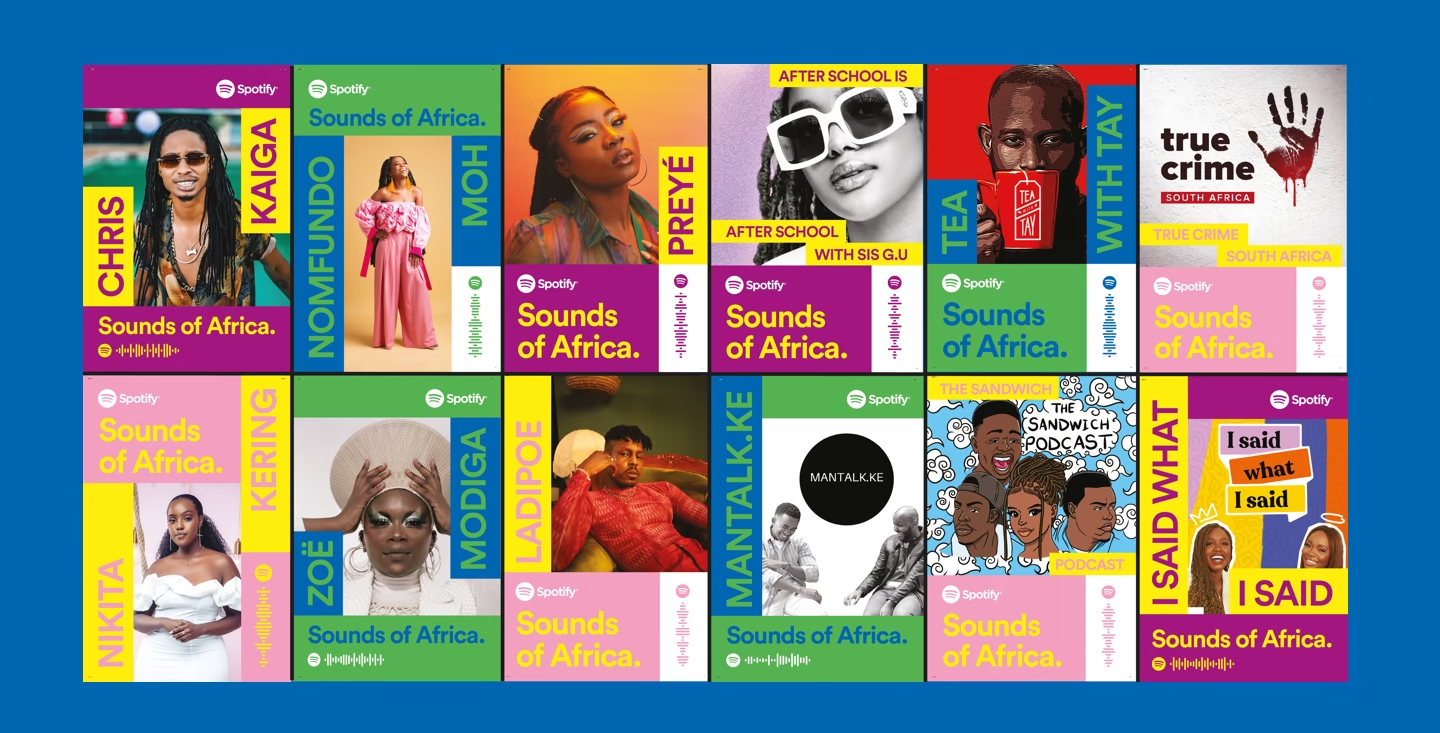Meta can’t seem to catch a break in Nigeria. Following the recent dismissal of a ₦30 billion lawsuit over illegal advertisements, the tech giant is now facing a significant penalty for violating consumer and data protection laws. The Federal Competition and Consumer Protection Commission (FCCPC) of Nigeria has fined Meta Platforms a staggering $220 million (€202 million) after an extensive investigation revealed unauthorized data-sharing practices on its Facebook and WhatsApp platforms.
FCCPC’s Findings and Actions
Adama Abdullahi, head of the FCCPC, stated that Meta appropriated user data without consent, exploited its dominant market position, and treated Nigerian users unfairly compared to those in other regions with similar regulations. This decision underscores Nigeria’s commitment to enforcing stringent data protection and privacy laws, ensuring that multinational corporations adhere to local regulations.
This development comes hot on the heels of a significant court ruling in Meta’s favor. Earlier today, a federal high court in Abuja struck out a ₦30 billion ‘illegal advertisement’ lawsuit filed by the Advertising Regulatory Council of Nigeria (ARCON) against Meta. The lawsuit accused Meta of breaching advertising regulations, but the court’s dismissal provided a temporary reprieve for the company.
Broader Implications
The fine represents a landmark decision in Nigeria’s regulatory landscape, highlighting the increasing scrutiny on tech giants regarding data privacy and consumer rights. It sends a clear message that Nigeria is ready to take on global corporations to protect its citizens’ data and ensure fair market practices.
Looking Forward
As this is a developing story, further details and potential appeals by Meta are anticipated. The tech community and legal experts will be closely monitoring the situation, given its potential implications for other tech companies operating in Nigeria and across Africa.
This significant fine not only impacts Meta financially but also places the spotlight on its operational practices in emerging markets. The outcome could set a precedent for how data protection laws are enforced in other regions, potentially leading to stricter regulations and higher compliance costs for global tech companies.
Stay tuned to 365MarkTech.Africa for the latest updates on this unfolding story.










